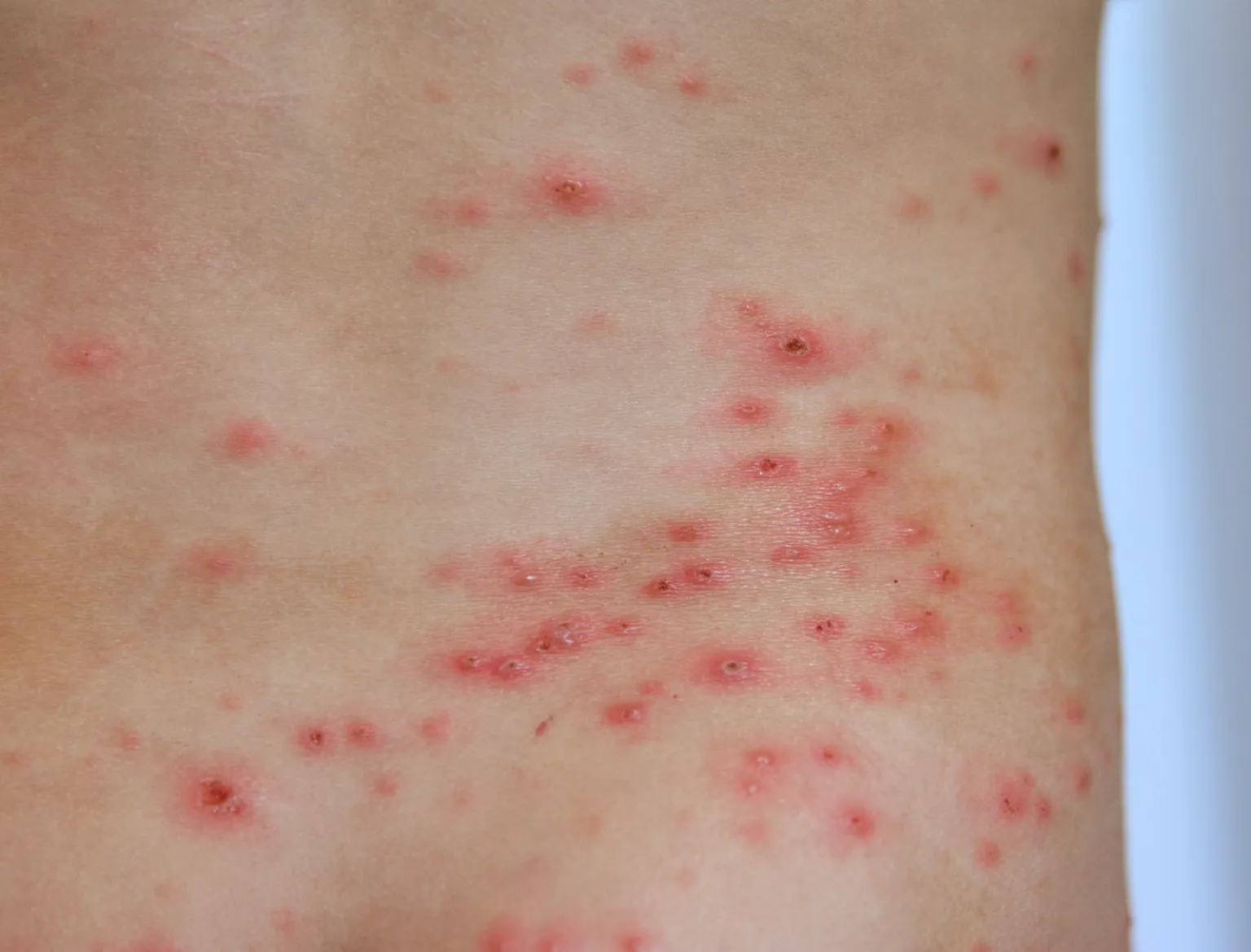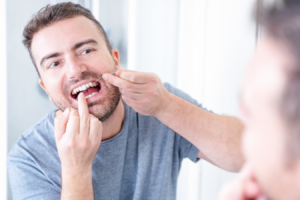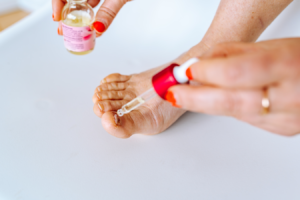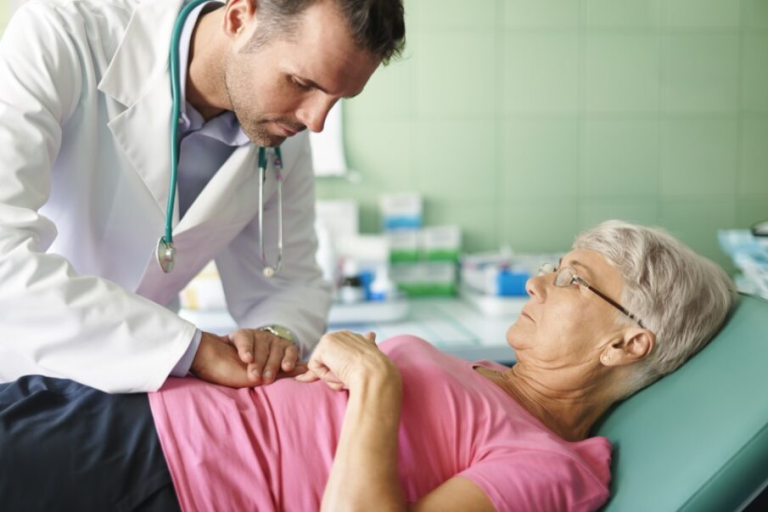Chickenpox is one of the most common childhood diseases, especially in children under nine years of age. According to specialists, the varicella-zoster virus is the one that causes this disease. It belongs to the herpesvirus family, which is also responsible for shingles in adults.
Experts point out that adults, newborns, and immunocompromised patients, those suffering from malnutrition or underlying conditions are more likely to present neurological complications and other disorders.
For this reason, the expert places special emphasis on vaccination and patient isolation, especially in places such as schools, and daycare centers, among others.
What is chickenpox?
Chickenpox is a self-limiting viral infection characterized by the appearance of skin lesions around the body. These skin rashes (also known as papules or exanthemas) are often itchy and uncomfortable.
According to Zeceña and internist Vinicio Velásquez, chickenpox can cause various catarrhal symptoms, as well as other discomforts. It is generally a benign disease in childhood but can be dangerous in adulthood.
Symptoms of chickenpox
- High fever
- Itchy skin
- General malaise and weakness
- Headache, throat, and stomach pain in some cases
- Skin lesions
According to Zeceña, although most cases are benign in children, they can be dangerous in adults.
If skin rashes are over infected, pneumonia or other complications may occur. Therefore, specialists recommend not scratching the infected area and not applying any creams that are not prescribed by a doctor.
How long does chickenpox last?
Chickenpox can last about two weeks (15 days). It can be contagious from the first day of the illness and even while the scabs are falling off, says infectious disease specialist Johanna Samayoa. The specialist also indicates that, although the disease is not recurrent, the virus remains stored in the lymph nodes and this can cause shingles in the future.
The prevention method is the vaccine that provides protection against the disease and according to Zeceña and the pediatrician, Edgar Beltetón, it is administered in two doses.
Beltetón adds that these doses should be administered during the first year of life and a booster at age four. “It is important to administer the vaccine because now we have an outbreak due to the fact that vaccination was stopped during the pandemic,” says the specialist. He also adds that chickenpox can be confused with monkeypox (mpox).
According to internist Vinicio Velásquez, the vaccine can prevent the disease, however, there are patients who develop chickenpox despite being vaccinated, but it is usually a milder condition, which is why specialists emphasize vaccination.

Infectious disease specialist Zeceña mentions that, although the vaccine is already being administered in private clinics and at the Guatemalan Social Security Institute (IGSS), she mentions that it will be introduced at the public level starting next year.
What are the stages of chickenpox?
Velásquez indicates that chickenpox can be divided into three phases: the incubation phase, the dermatological phase, and the final stage.
- Incubation phase: Lasts approximately one to three days. Flu-like catarrhal symptoms such as body aches, general malaise, fever.
- Dermatological phase: Skin lesions (exanthemas) appear, which can last from 5 to 7 days. Treatment is usually symptomatic to relieve discomfort, according to Velásquez. In addition, he emphasizes that, in patients who have already had chickenpox, shingles can develop years later.
- Final phase : This stage can start from the eighth day onwards, when the skin rashes have dried.
What should I do if I have chickenpox?
- Isolate yourself as much as possible to avoid further infections.
- In the case of infected children, cut their nails so that they do not scratch themselves.
- Specialists often prescribe calamine for skin rashes and acetaminophen and ibuprofen for symptom relief. However, before taking any treatment, consult your doctor.
- The doctor should monitor the disease in both children and adults. From the first symptom, it is important to consult a health professional.






















+ There are no comments
Add yours